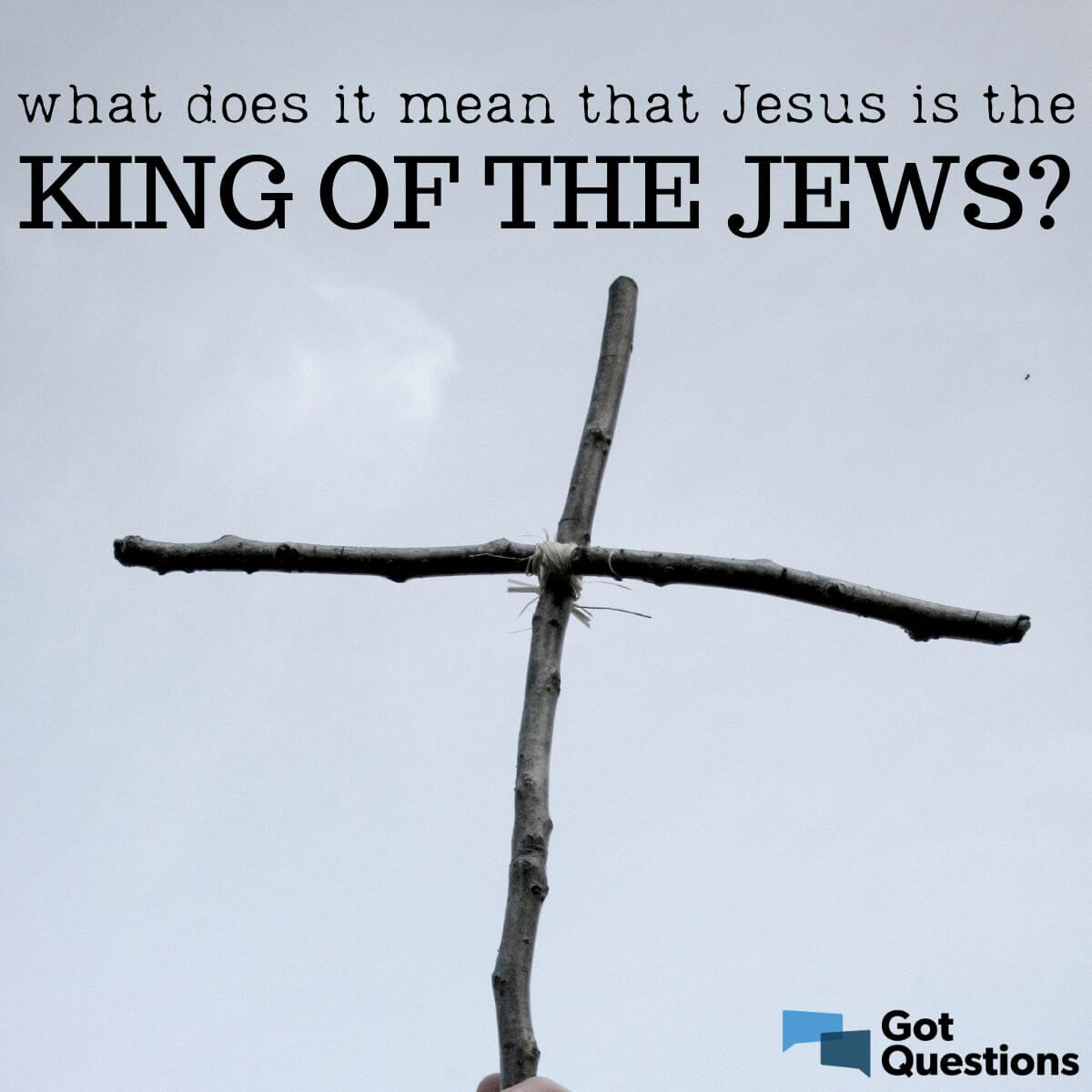JOY: Daily Reading Plan #1

Zechariah 9:9-17
"Rejoice greatly, Daughter Zion! Shout, Daughter Jerusalem!
See, your king comes to you, righteous and victorious, lowly and riding on a donkey, on a colt, the foal of a donkey.
I will take away the chariots from Ephraim and the warhorses from Jerusalem, and the battle bow will be broken.
He will proclaim peace to the nations. His rule will extend from sea to sea and from the River to the ends of the earth.
As for you, because of the blood of my covenant with you, I will free your prisoners from the waterless pit.
Return to your fortress, you prisoners of hope; even now I announce that I will restore twice as much to you.
I will bend Judah as I bend my bow and fill it with Ephraim.
I will rouse your sons, Zion, against your sons, Greece, and make you like a warrior’s sword.
Then the Lord will appear over them; his arrow will flash like lightning.
The Sovereign Lord will sound the trumpet; he will march in the storms of the south, and the Lord Almighty will shield them.
They will destroy and overcome with slingstones.
They will drink and roar as with wine; they will be full like a bowl used for sprinkling the corners of the altar.
The Lord their God will save his people on that day as a shepherd saves his flock.
They will sparkle in his land like jewels in a crown.
How attractive and beautiful they will be! Grain will make the young men thrive, and new wine the young women."
The title King of the Jews had both messianic and political implications. Kings in Israel were anointed with oil as a sign of God’s choosing (see 1 Kings 1:39), and the meaning of Messiah is “Anointed One.” As the Son of David, the Messiah was chosen by God to fulfill the Davidic Covenant and rule on the throne in Jerusalem. When the magi came to Jerusalem seeking the King of the Jews, they most likely had in mind a future political leader, much to King Herod’s chagrin. But the Jews in Jerusalem, hearing the magi’s question, would have thought of the long-awaited Messiah.
Some people during Jesus’ ministry recognized Jesus as the King of the Jews. As Jesus neared Jerusalem the final time, the crowd with Him “thought that the kingdom of God was going to appear at once” (Luke 19:11). In other words, they believed Jesus was the King of the Jews, and they were ready to help Him set up the earthly kingdom. Jesus told a parable indicating that the kingdom would be delayed (verses 12–27), but the crowd’s enthusiasm did not wane. As He entered Jerusalem, Jesus was greeted with shouts of welcome for the King of the Jews: “Blessed is the king who comes in the name of the Lord! Peace in heaven and glory in the highest!” (verse 38).
God’s people had been expecting a deliverer since God first promised one in Genesis 3:15. God Himself unified the Hebrews under Moses and told them that, as long as they followed and obeyed Him, He would bless and guide them (Deuteronomy 11:8–9; 27:9–10). But the children of Israel rejected the Lord as their leader and demanded an earthly king (1 Samuel 8:7, 19). God gave them what they wanted and appointed Saul as the first king over Israel (1 Samuel 9:17). When Saul disobeyed the Lord, he was then rejected by God, and his sons were not allowed to succeed him on the throne (1 Samuel 15:9–11, 23, 28). Instead, God chose David to be the next king of the Jews (1 Samuel 16:1). God promised David that his name would be forever associated with the throne of Israel (2 Samuel 7:12–16). Through the inspiration of the Holy Spirit, David penned the prophetic Psalm 22, which gave Israel hints about what their future Messiah and Deliverer would endure. But, in their desperation for an earthly king and an earthly kingdom, most of the Jews disregarded those prophetic words as well as the ones in Isaiah 53. When Jesus came, He fulfilled those prophecies. Importantly, He was from the royal line of David (Matthew 1:1; John 7:42) and could rightly take the title King of the Jews, but because Jesus was not what they wanted, “his own people did not receive him” (John 1:11, ESV).
Because this King of the Jews did not fit the ideas they had cherished for thousands of years, the Jews again rejected the One they needed. Many Jews are still waiting for the wrong kind of king. Revelation 19:16 describes the day when Jesus will return to rule over the earth. At that time, the ancient prophecies of an earthly kingdom of God will be fulfilled, and no one will doubt that Jesus is the King of kings and the Lord of lords. Every nation, tribe, and tongue will bow to the King of the Jews (1 Timothy 6:14–16; Romans 14:11; Philippians 2:10; Revelation 5:9).
Reflection Questions
- What does this passage reveal about rejoicing in our Lord and King?
- How can I find joy in the character and promises of God?
- How does it cause me to change the way I see and live life?




